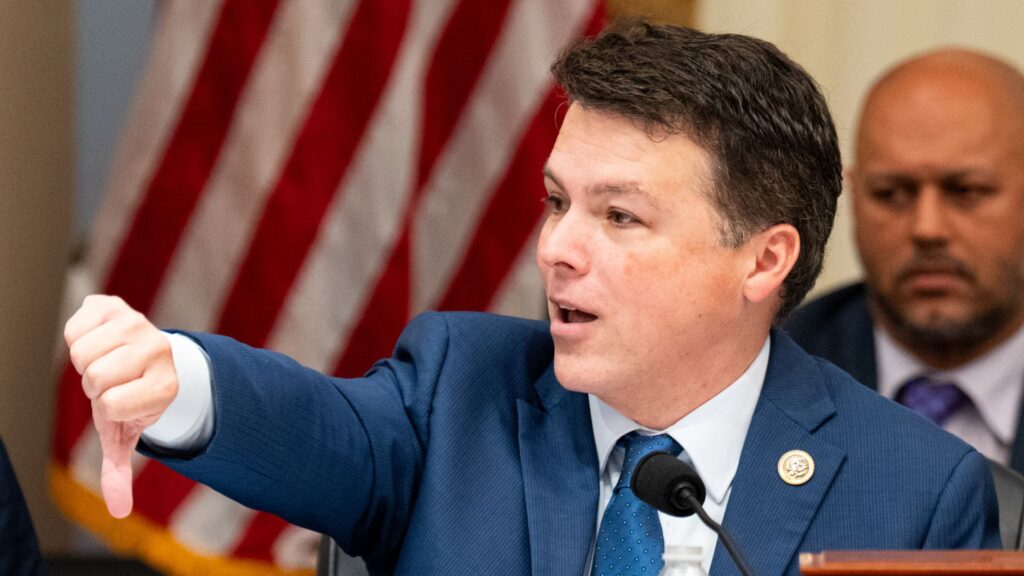President Donald Trump’s “big, beautiful” budget bill was shot down in the House Budget Committee on Friday afternoon, May 16, putting his entire agenda at risk. Republicans need near unanimity to get this budget and tax package over the finish line, though the committee itself had four holdouts.
Why did Republicans vote no?
The GOP no votes included Rep. Chip Roy, R-Texas, who said the bill does not do enough to address the $36.2 trillion national debt. An analysis by the Joint Committee on Taxation found that the bill would add $3.8 trillion to the national debt from now through 2034.
“This bill falls profoundly short. It does not do what they say it does when it comes to deficits,” Roy said. “The fact of the matter is, on spending, what we’re dealing with here on tax cuts and spending is a massive, front-loaded deficit increase. That’s the truth.”
Rep. Ralph Norman, R-S.C., voted against the measure because Medicare work requirements wouldn’t kick in until 2029. Additionally, he doesn’t think it does enough to prohibit states from providing Medicaid to immigrants in the country unlawfully, and it doesn’t repeal all of the green energy infrastructure tax credits in former President Joe Biden’s Inflation Reduction Act.
“Able-bodied Americans getting checks, illegals getting checks, subsidies going to corporations that shouldn’t get them. I’m out,” Norman stated.
Republicans who support the bill dispute charges that it would cut Medicaid for those in need, despite a Congressional Budget Office report that found 8.6 million people would lose their health insurance over the next 10 years, while saving the government $715 billion.
The bill also includes $175 billion for enhanced border security and $150 billion more in defense spending.
“This bill reverses the spending sprees of the Democrats over the last four years. This bill rightsizes a bloated bureaucracy. This bill reigns in mandatory spending,” Rep. Ben Cline, R-Va., said.
Why do Democrats object?
Democrats said this bill would hurt the middle and lower classes while helping the wealthiest Americans.
“[The measures] only serve to pull the wool over taxpayers’ eyes. That overtime tax that they were talking about, temporary. Tips? Temporary. Taxes for the wealthy? Permanent,” Rep. Stacey Plaskett, D-V.I., said. “Don’t be fooled. It’s about the wealthy people in this country, not you and me.”
Plaskett is correct on one front. The tax exemptions for tips and overtime expire in 2028, and they apply only to income taxes, not payroll taxes, which cover Social Security, Medicare and unemployment insurance.
What happens next?
The Budget Committee will reconvene on Sunday night, May 18, in an attempt to move the bill to the Rules Committee. That’s the last step before the final vote. If they can’t get it done on Sunday, it’ll be tough to stay on House Speaker Mike Johnson’s, R-La., schedule to pass the bill before Memorial Day.
contributed to this report.


